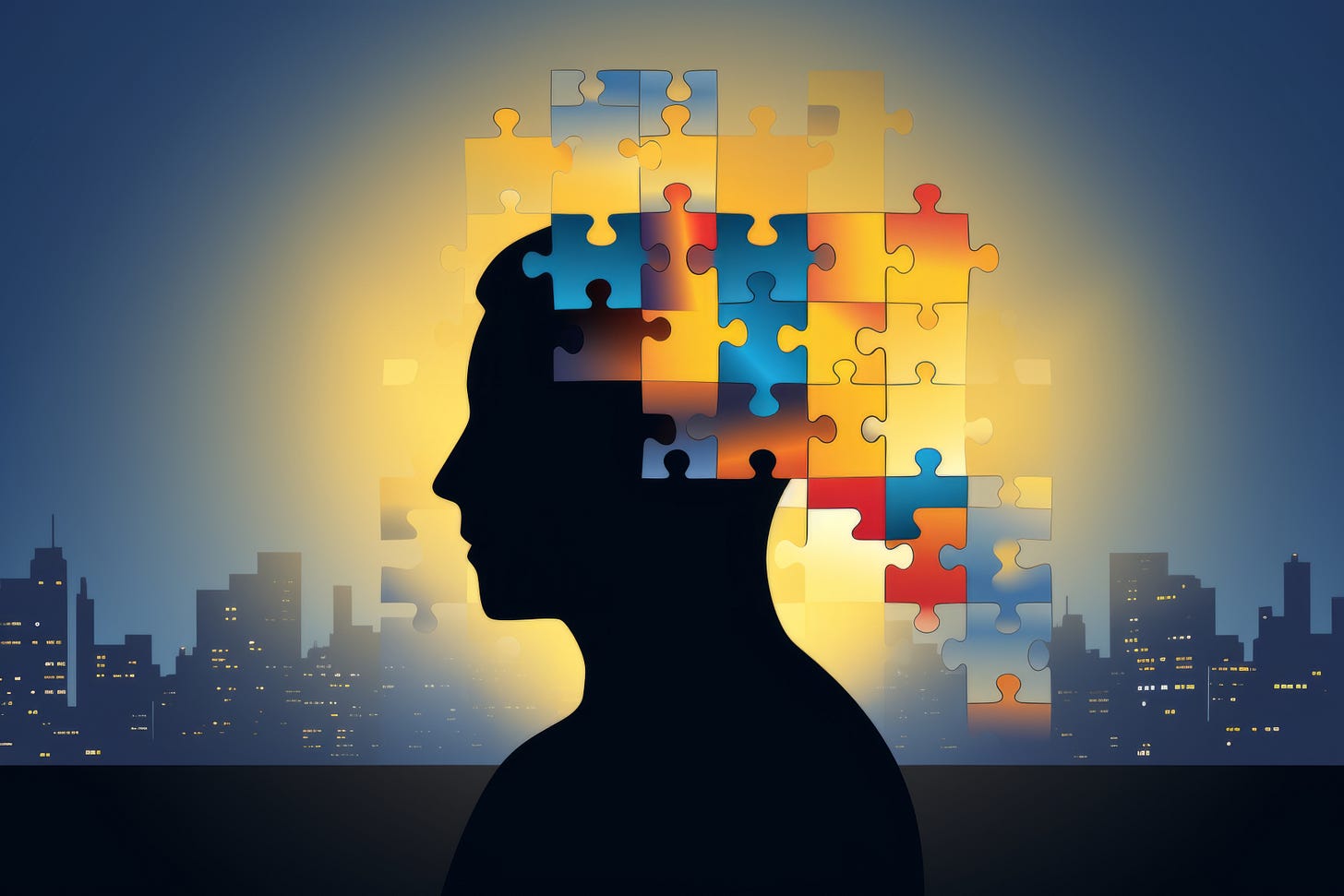Research Hit: Different Parts of Your Brain Take "Micro Naps" at Different Times
A new big data analysis of sleeping and waking brain patterns reveals that different parts of the brain wake and sleep - sometimes at very short intervals
Are we talking of taking naps during the day?
No, we're actually talking about much smaller time limits - as in milliseconds.
But the brain can't sleep for milliseconds surely!
Well, this is precisely what this piece of research has found out. This massive study out of the University of California by David Parkes at al. analyzed Petabytes of data (that’s a lot!) from brain scanning research with machine learning tools to try to identify more precise patterns of how the brain responds while awake and while asleep. And the surprise is that different regions of the brain are sometimes doing different things at different time scales.
So you are saying that we're sometimes sleeping when we're awake, and when we're asleep we're sometimes awake??
Yes, but this shows a much more nuanced picture. Note that we can't relate this to states of fatigue but this will likely contribute to this.
Basically different parts of the brain can be doing different things in very small time scales so when we're awake some parts of the brain may be having a little snooze and when we're asleep other parts may be partially active and this could be cycling through different regions of the brain. Some of these time scales are very small, as I said, at the millisecond level.
I would imagine this would be influenced by things like fatigue and alertness?
Yes, indeed, as I said I am sure this contributes but the big take away is that the brain and multiple regions are rotating through sleep like states and awake like states at different times at different scales. This may be to give brain regions a rest during awake times and during sleep times to keep some levels of alertness or some processing abilities active.
It does show that this concept of awake and asleep are not quite as clear cut as we would assume.
It's so nice to know that our brain takes a rest when it needs it but that may not be great for our attention!
Indeed, it is amazing what the brain does and how it processes various situations in life, and yes when we're awake, we may actually be partly asleep and this may be a good reason to have a nap after lunch to enable a higher functioning brain in the afternoon - says he just back from a lunchtime nap.
Are there any other implications to this?
Yes, indeed it gives us a deeper understanding of how the brain operates - sleep disorders are, for example, a common feature of many mental disorders and neurological degeneration disorders. Maybe being able to stimulate these patterns could help. But we’re a long away from that.
It also contributes to fundamentally understanding the brain better - and this often surprise us!
Indeed, it does!
David F. Parks, Aidan M. Schneider, Yifan Xu, et al.
A nonoscillatory, millisecond-scale embedding of brain state provides insight into behavior.
Nature Neuroscience, 2024
DOI: 10.1038/s41593-024-01715-2




